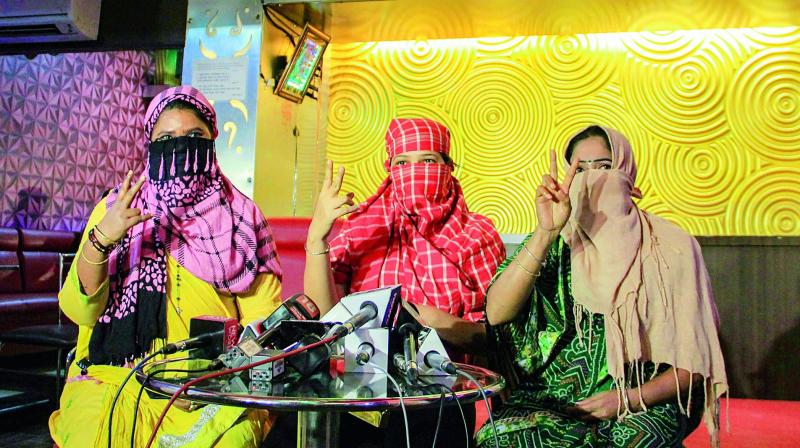Supreme Court allows dance bars to function in Maharashtra
Says govt can regulate but cannot ban them; won't allow any immoral activities

Mumbai: Dance bars may be back in Maharashtra after the Supreme Court on Thursday held that the state government can regulate them but cannot ban them.
The apex court, while quashing certain provisions of the 2016 act which imposed several restrictions on licensing and functioning of dance bars, said it hoped that state would now consider applications for grant of licences “with open mind” so that there is no complete ban on staging dance performances at designated places.
These restrictions include dance performances only between 6 pm and 11.30 pm, dancers cannot be showered with cash, there has to be a work contract between the dancers and bar owners and the payments to dancers has to be deposited directly into their bank accounts.
While dealing with the state’s challenge to HC order that termed the ban on dance as “ultra vires to the Article that gives right to practice any profession” the division bench of the apex court headed by Justice A.K. Sikri observed that the end result of the prohibition of any form of dancing in the establishments covered under Section 33-A leads to the only conclusion that these establishments have to shut down. “This has led to the unemployment of over 75000 women workers,” observed the bench. It also said, “In our opinion, the impugned legislation has proved to be totally counter-productive and cannot be sustained being ultra vires Article 19(1)(g).”
The SC also quashed the provisions of the 2016 law which mandated that there must be a partition between bar rooms and the dance floor, mandatory installation of CCTVs, disallowed serving of liquor in performance area and that dance bars should be one kilometre away from religious places and educational institutions.
According to the judges the activities of the eating-houses, permit rooms and beer bars are controlled by, among others, The Bombay Police Act, 1951. According to the court the Rules under the Bombay Police Act have been framed in the interest of public safety and social welfare and to safeguard the dignity of women as well as prevent exploitation of women.
“There is no material placed on record by the State to show that it was not possible to deal with the situation within the framework of existing laws except for the unfounded conclusions recorded in the Preamble as well as the Statement of Objects and Reasons,” observed the bench.
On the point of section 294 of IPC that deals with obscene acts and songs the court observed that it cannot be said that a dance which is aimed at arousing the prurient interest of the audience is vague term, incapable of definite connotation.
The court said it cannot be denied that dance performances, in dignified forms, are socially acceptable and nobody takes exceptions to it. It said since obscenity is treated as immoral, therefore obscene dance performance may not be acceptable and the state can pass a law prohibiting such dances. However, it observed that “a practice which may not be immoral by societal standards cannot be thrusted upon the society as immoral by the state with its own notion of morality and thereby exercise social control”.
The court has quashed and set aside the rule (in current form) that says a person is entitled to obtain or hold licence who possesses a good character and antecedents and he should not have any history of criminal record in past ten years. The bench held that, “It is not spelled out as to whether such a criminal record is based on conviction in a case or mere lodging of FIR would be termed as criminal record. We therefore, quash the provision in the present form, but, at the same time, give liberty to the rule making authority to have suitable provision of precise nature.”
The SC said the state can neither exercise “social control” with its own “notion of morality” nor take exception to staging dance performances per se.

